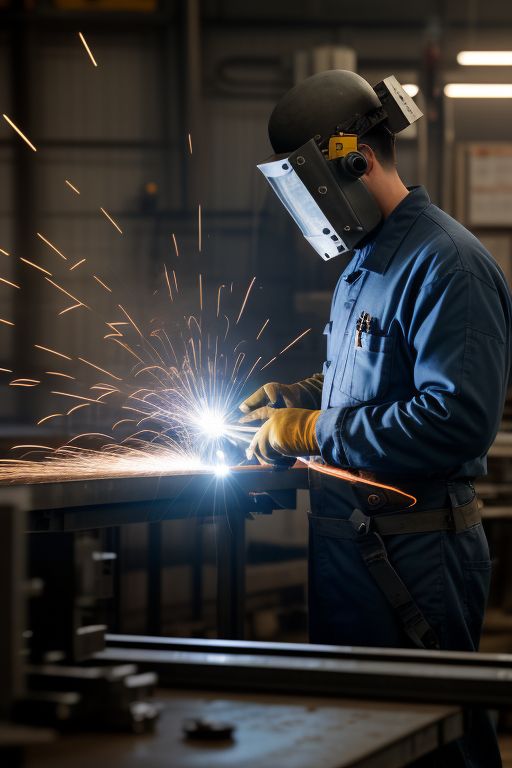How do you prove causation in Texas?
Causation: What is it and how do I prove it?
When it comes to any type of personal injury case in Texas, such as truck wrecks, oil field accidents, car wrecks, or work place injuries, causation is a pivotal concept. Understanding what causation is, who is responsible for proving it, and how it can be demonstrated is essential for anyone involved in such a case. If you have been injured by a third party, it is imperative that you find a lawyer who understands causation and how to prove it on your behalf. The Low Law Firm works with injured plaintiffs everyday on many different types of personal injury cases and we can help you.
What is Causation?
Causation in a personal injury case refers to the connection between the defendant’s actions (or inactions) and the plaintiff’s injuries. The legal definition is provided here. To successfully claim damages, the plaintiff must prove that the defendant’s behavior directly caused the injury. In Texas, establishing causation involves demonstrating two elements:
- Cause in Fact: Also known as “but for” causation, this means showing that the injury would not have occurred but for the defendant’s conduct.
- Proximate Cause: This involves proving that the injury was a foreseeable result of the defendant’s actions.
Who Has the Burden of Proving Causation?
The burden of proving causation lies with the plaintiff. This means the injured party must provide sufficient evidence to show that the defendant’s actions directly resulted in their injuries.
How Can Causation Be Proven?
Proving causation typically requires a combination of evidence and expert testimony. Here are some common methods:
- Medical Records and Testimony: Detailed medical records and expert testimony from healthcare providers can link the injury to the incident.
- Accident Reports: Official reports from police or other authorities can establish the circumstances of the incident.
- Eyewitness Testimony: Statements from individuals who witnessed the incident can provide crucial context and support the plaintiff’s claims.
- Expert Witnesses: Experts in fields such as accident reconstruction, engineering, or medicine can provide detailed analyses that support the causation argument.
- Photographs and Videos: Visual evidence from the scene of the accident or of the injuries can be compelling proof of causation.
Steps to Preserve Evidence of Causation
- Seek Immediate Medical Attention: Obtaining prompt medical care not only ensures your well-being but also creates a record of your injuries and their link to the incident.
- Document Everything: Keep detailed records of your medical treatments, symptoms, and how the injury has affected your daily life.
- Gather Witness Information: Collect contact information from any witnesses and obtain their statements as soon as possible.
- Take Photos and Videos: Capture images and videos of the accident scene, your injuries, and any property damage.
FAQs
Q: Why is causation so important in a personal injury case? A: Causation is critical because it establishes the link between the defendant’s actions and the plaintiff’s injuries. Without proving causation, the plaintiff cannot recover damages.
Q: Can I prove causation without an expert witness? A: While it is possible to prove causation without an expert, expert testimony often strengthens the case by providing professional and credible explanations linking the injury to the defendant’s actions.
Q: What should I do if the defendant claims that my injury was pre-existing? A: Gather and present medical records and expert testimony that differentiate between your pre-existing condition and the new injury caused by the incident.
Why It Is Important to Seek Legal Counsel Early
Engaging an experienced personal injury attorney, such as The Low Law Firm in Abilene, Texas, early in your case is crucial for several reasons:
- Evidence Preservation: We can help you gather and preserve critical evidence before it is lost or degraded.
- Legal Guidance: Navigating the complexities of personal injury law requires expertise, and an attorney can provide the necessary guidance.
- Maximizing Compensation: The attorneys at The Low Law Firm can negotiate with insurance companies and represent your best interests to ensure you receive fair compensation.
- Stress Reduction: Handling a personal injury claim can be overwhelming, and having an attorney who is fighting for you allows you to focus on your recovery while they manage the legal aspects.
If you have been involved in a truck wreck, oil field accident, oil tanker accident or any other type of personal injury matter, you need attorneys who will fight for your best interests. The Low Law Firm in Abilene, Texas, can help. Call us for a free consultation today! (325) 455-1889

